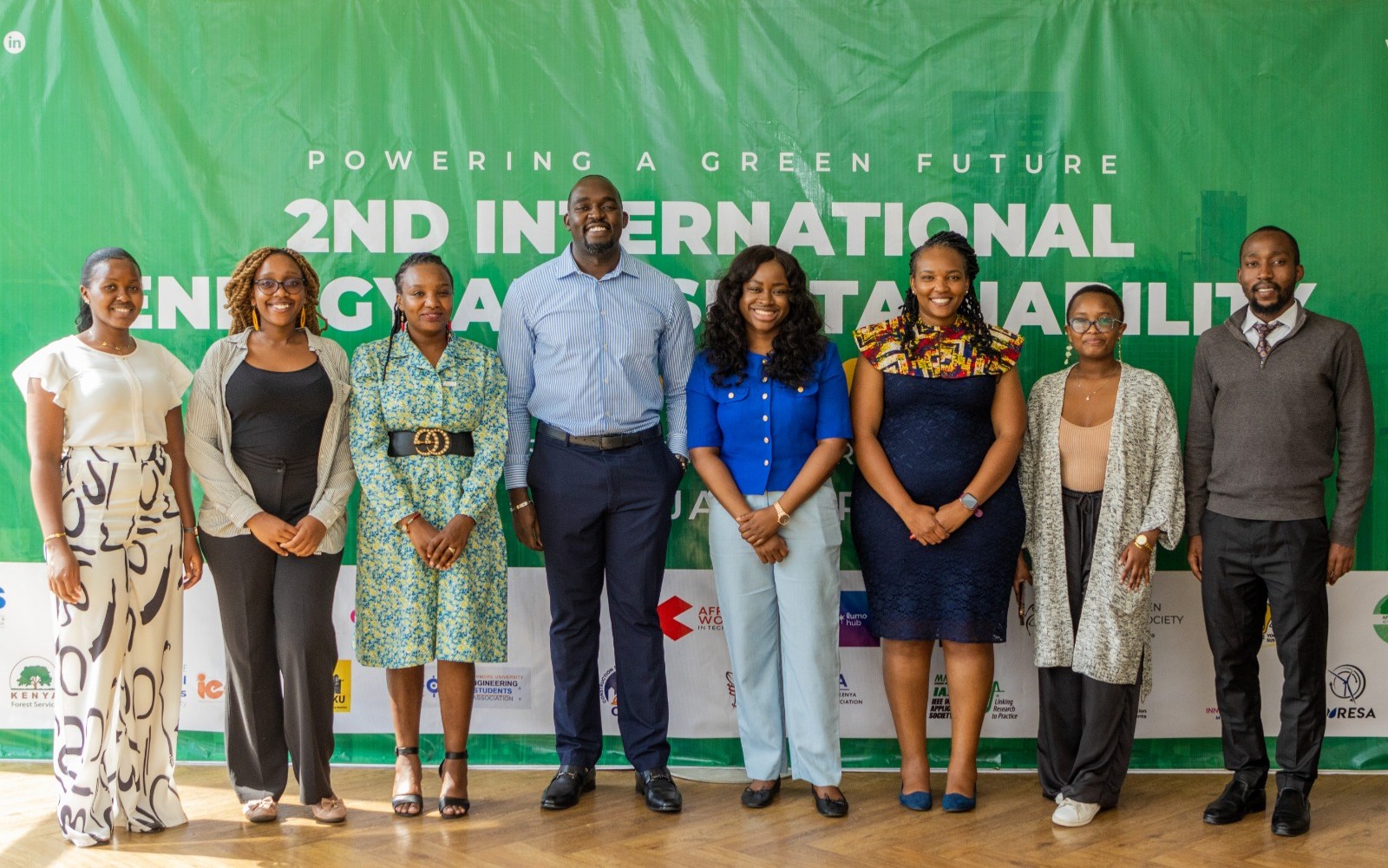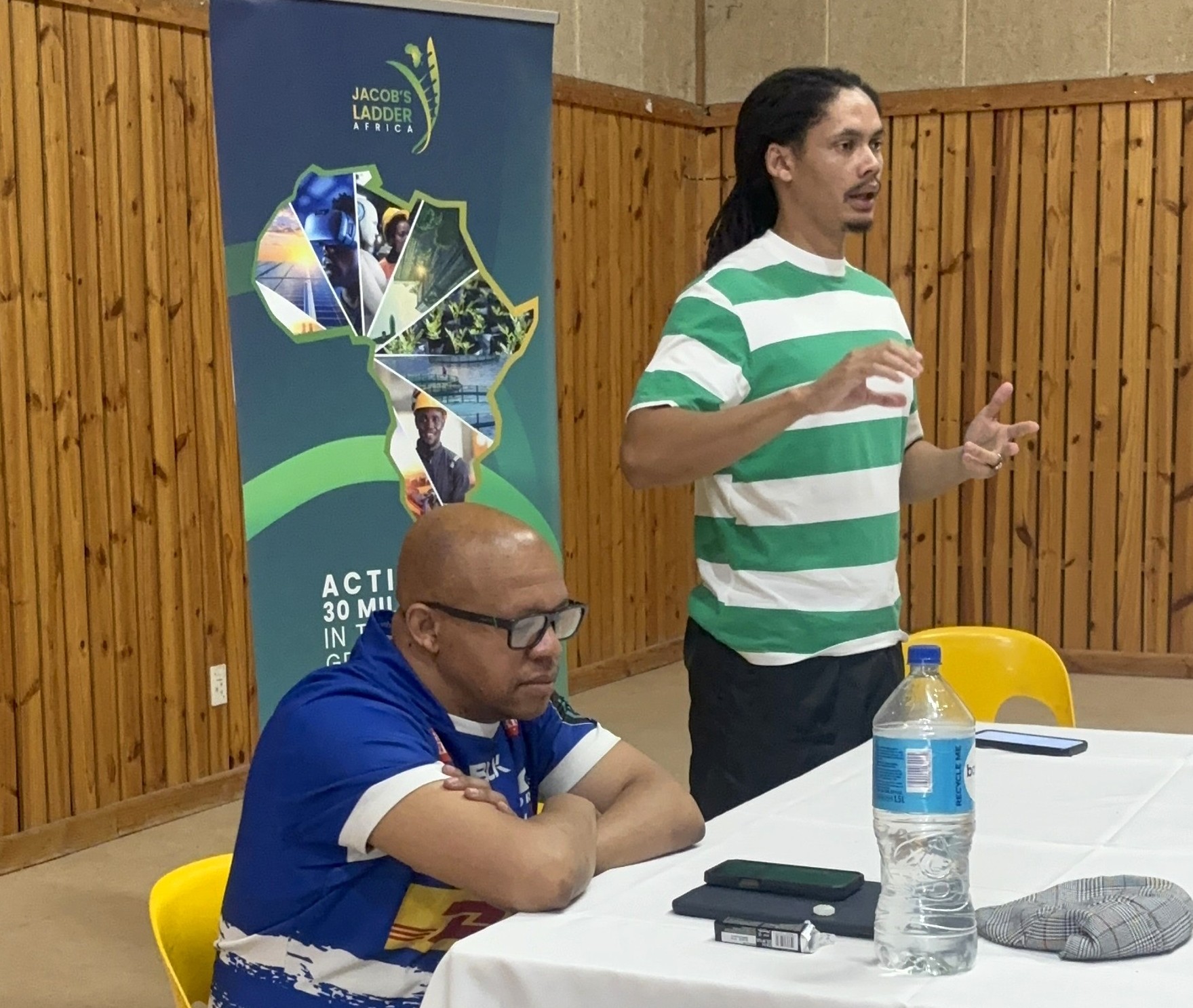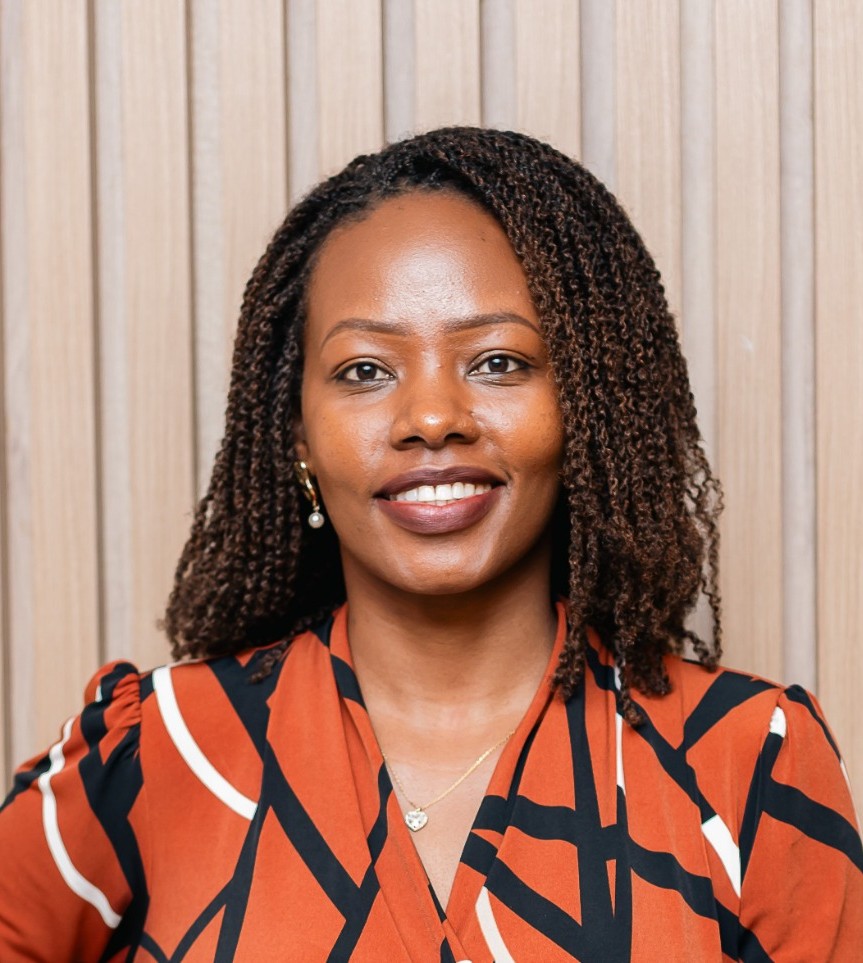For a long time, only a few had the boldness to speak and take action on key issues that affect the society. And for sure, we gave them their space and even perceived them to be crazy, speaking too loudly and walking too boldly, while we remained coy and chose to be politically correct. I could name a number but the Late Wangari Mathai stands out as one such example, who went ahead to streamline environmental policies, with a drive to curb environmental degradation and end poverty and conflict. And of course, this did not augur well with many.
The best part about advocacy now is that almost anyone and everyone can play a part, in their own simple way and from their own little corner- thanks to digital transformation. Looking at how fast the world is changing and advancing, we can only but rush to the spaces available for us to thrive and speak, not with arrogance and a negative attitude, but with a positive mindset that will take on the world and unravel the mystery of opportunities that are available for a greener future.
Everyone has a unique and powerful role to play in climate advocacy. Advocacy remains crucial and one of the most effective ways to bring about systemic change on a larger scale. By speaking out and taking action, communities around us become informed and empowered, and anyone can make a difference in the fight towards climate resilience and a more sustainable future for all.
Advocacy enables us to connect with each other, amplify our voices as we elevate our platforms, whether digitally or physically. So what are some of the best practices for this? A proper way is by accessing educational resources and training programs that enables one to learn about climate change and how to advocate for it, by providing tangible solutions for change. When a society is informed, with clear cut resources, they become bold enough to speak and take action. Information builds courage and confidence, spurring the access to even bigger platforms, where one can challenge the status quo.
Another way is by amplifying the voices of those who are already speaking and taking action. If we want the word to spread, we need to come out of our shells and share with others what we have done. If we are all not good on camera, how about enhancing other story-telling techniques like blogging, or audio-podcasting. We can also leverage the power of social media platforms and other communication channels. We only need to make good use of already existing platforms that enable us to find people where they are, for example, X-Spaces, YouTube Videos, Tik-Tok and many more, depending on which audience one deems fit.
We can also take advantage of the younger generation, who have the stamina and zeal to mobilize communities around climate action, as they aspire to be the next generation of changemakers. Furthermore, laying more emphasis on women within these communities, as women are more willing to transition and adjust quickly to more sustainable lifestyles. Once empowered, they are more likely to recycle, reduce waste, buy organic food and purchase eco-friendly products.
Lastly, connecting these advocates with key decision makers and stakeholders who can influence decisions within the climate change sector. I would blatantly say, it’s ok to know people who know people, whereby networking leads to knowledge exchange and recognizes shared value. Through this, we are mentored through the process of advocacy, and whatever seems insignificant becomes amplified through a ripple effect, because somebody somewhere believed in our vision, which manifested into a policy that can change the world, with a green future in mind!






